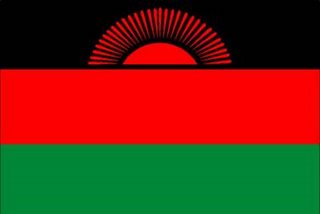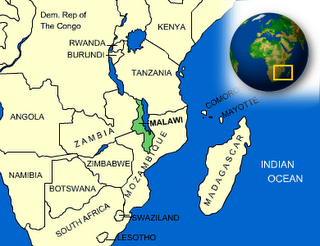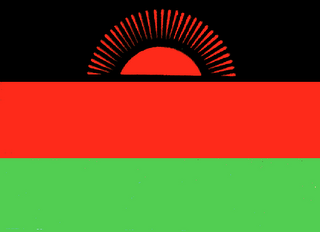TRAINING SUPPORT FOR PARTNERS
 I have recently (as of Wednesday March 14) started on a new placement with Training Support for Partners. They are an organizational development and capacity building NGO that does a lot of the implementation, assessments, and baseline surveys for other NGOs as well as helps them improve their functioning (the whole org development and capacity building side).
I have recently (as of Wednesday March 14) started on a new placement with Training Support for Partners. They are an organizational development and capacity building NGO that does a lot of the implementation, assessments, and baseline surveys for other NGOs as well as helps them improve their functioning (the whole org development and capacity building side). In their own words:
Training Support for Partners (TSP) is a process-oriented capacity building Non Governmental Organization registered as a trust. It is a self-sustained stakeholder owned organization providing (on demand) effective process oriented capacity building services. Its mission is to provide capacity building support to institutions to effectively contribute towards the socio-economic development in the country.
As a network for continuous learning, TSP offers a range of process oriented and pragmatic services relating to organizational development, training and research.
From what I can gauge thus far they are mostly working on the implementation side of things for various larger NGOs.
Currently, I am working on a peri-urban water project that is just starting up. We have just completed a rapid assessment of three areas within
So on the work front all seems good.
At home all is excellent. 
My chickens are getting huge and we are starting to eat some of the cocks and the hens are laying lots of eggs! The best part is it has totally been taken over by the family so they should be doing well with chicken farming for years to come.
We also had a new addition to the family on last week. Our neighbour gave birth to little girl, named Dorothy (how appropriate). It was amazing watching her through the pregnancy as it didn’t seem to slow her down though, she was still very active, (chopping wood, climbing fruit trees, etc) despite the swollen belly that she has been carrying around for the past few months – which as you could imagine could make me feel a bit guilty into action at times, how could I stand and watch a 9 month pregnant women chop wood! And even when she came home from the hospital, the next day she was already on her knees mopping the floor and washing diapers by hand!
We also only have 2 months left! So starting to think about what will happen when we move home. But not too much just yet or we risk missing out on the present while day dreaming of the future.
Take care all,
Jason






























